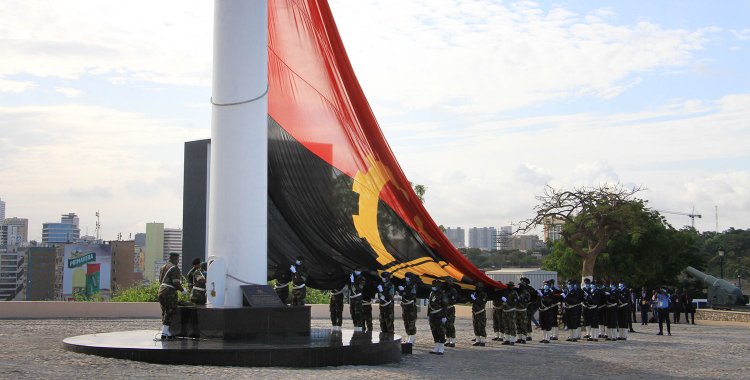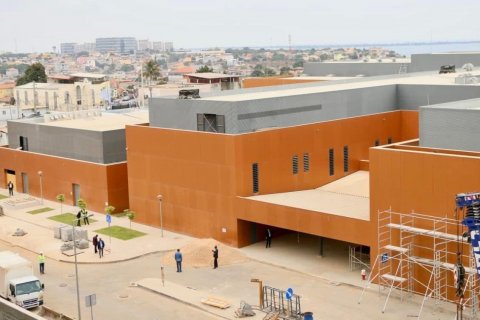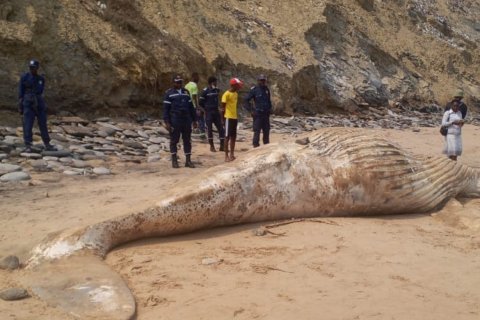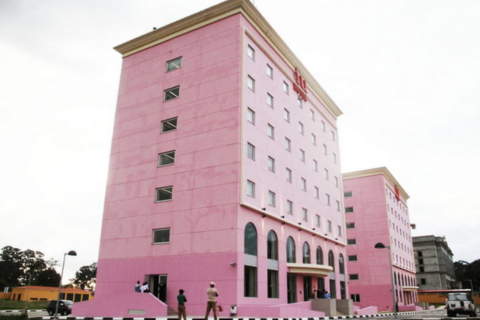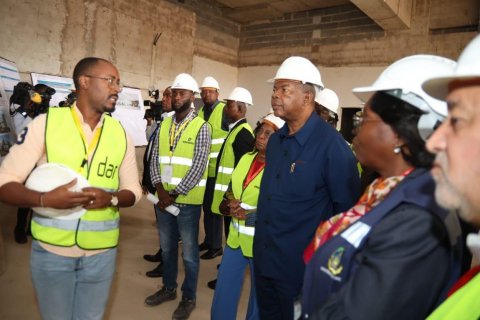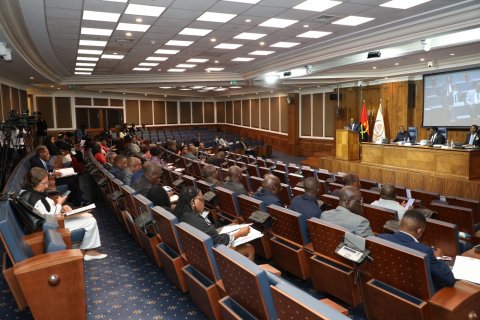Near Largo da Independência (1st of May), a key point in the capital, Luanda - where, in 1975, the first President, António Agostinho Neto, proclaimed independence -, Francisco de Jesus, a 78-year-old ex-combatant, is the face of discouragement.
“[It’s] all bad, bad, bad, we’re suffering, it would be good if the white man was still here (…) the only good thing is that the war has ended, there are many people eating from the garbage, many are rummaging through containers, is this country good?”, he asks, remembering how “good it was” when the news of independence was announced.
“We were really happy”, he recalls, about the day of the proclamation. He immediately entered the military, interrupted by an accident with a truck that took him back to the civilian world, but he now complains about not having received recognition from those in power: “They are thieves, they don’t know the suffering of the people. I am really feeling very bad, I am sick and I am not getting paid. When I was in the military I was a good fighter, then I left and I am not getting paid at all.” “Angola is a wasteland, the rulers are corrupt, they are thieves,” he says indignantly.
In the centre of the square, a statue depicts the President with his fist raised in triumph. The base displays one of his best-known poems, “We Shall Return,” speaking of the hope of a liberated and independent Angola, but for many, like the children who beg or rummage through the rubbish there, their dreams have remained unfulfilled.
Sadness and disappointment are the words that Teresa de Jesus da Silva, born in 1968, associates with independence today.
“We expected that after independence we would be happy and then this misery came. There are many unemployed people, there are people with depression, there is a lot of sadness,” she laments, stressing that “this was not the Angola I expected, this Angola where we have nothing.”
Lamenting the “great misery that is being experienced in Angola”, she says that there is no difference compared to what is happening in Mozambique and asks: “What are we going to celebrate?”
Teresa criticizes the lack of freedom of expression and says that the people should feel freer.
“There should be democracy (…). We cannot demonstrate, we cannot tell the truth, we live badly and we have to accept evil”, she laments, calling for a change of conscience. “Until there is a sharing of power, free and fair elections, I do not see any improvements”, she stresses.
In the square, Jorge dos Santos, 22 years old, works as a street vendor to ensure his survival and believes that “everything has improved” with independence, because Angolans stopped being slaves and “recovered their wealth and everything that belonged to them”, stressing that “peace was worth it”.
But, in the guise of a ‘revu’ rapper (as the young protesters are known), his lyrics also reflect a feeling of disillusionment: “My heart is anguished/dejected/shaken/ this is the cry of this world that cries/ begs for the reputation of independence/ because in this ruined land/ there is only corruption, humiliation, inflation/ our dreams have turned into episodes of despair/ disenchantment in this ruined land”.
Laureano da Silva, a 27-year-old student, has a less critical view, valuing peace and reconstruction, highlighting the consolidation of peace as the main achievement. On the other hand, he advocates “more openness to the youth”, responsible for continuing these plans.
“Without peace, nothing can be done, the most important things are peace and freedom. We have peace, we have freedom, we need the youth to continue these two important points”, he suggests.
Next to Jumbo, the first hypermarket in Luanda, opened in colonial times, the Madeira neighborhood shows another urban experience, with streets that lack asphalt and there are plenty of holes, filled with people trying to do their small businesses there.
Luisinho, or “Big Guy”, as he is known, is a businessman of “various goods” and says that it is “not worth” celebrating the date, pointing to the high cost of living as a concern.
“Things have gone up in a way… everything is very heavy, it’s bad”, he considers, stating that the government “could do better things”.
“Those who love Angola don’t stop feeding their children, those who leave their children crying are not good parents”, says “Big Guy”, pointing to the improvised streets that become impassable when it rains and the lack of water in a neighbourhood “that is in the city”.
Pharmacist Paulina Sangongue, 36, praises independence and the end of the war and says that there are reasons to celebrate, despite complaining about the financial crisis that has affected Angolans and made everything “more difficult”.
Among the opportunities, he points out the possibility of emigrating, which Angolans did not have when they were not independent, and justifies the desire to leave with the “difficult life” and the need to provide better conditions for their children, in terms of education and health.
Angola, in 50 years, “if it continues on the path it is on, it will be in a bad way”, he stresses.
“We have a lot of problems with basic food baskets. I have seen people fighting for food, the garbage containers are already occupied by homeless people, who want to collect food and take it to their families”, reinforces Paulina, lamenting the huge number of unemployed people in the country.

